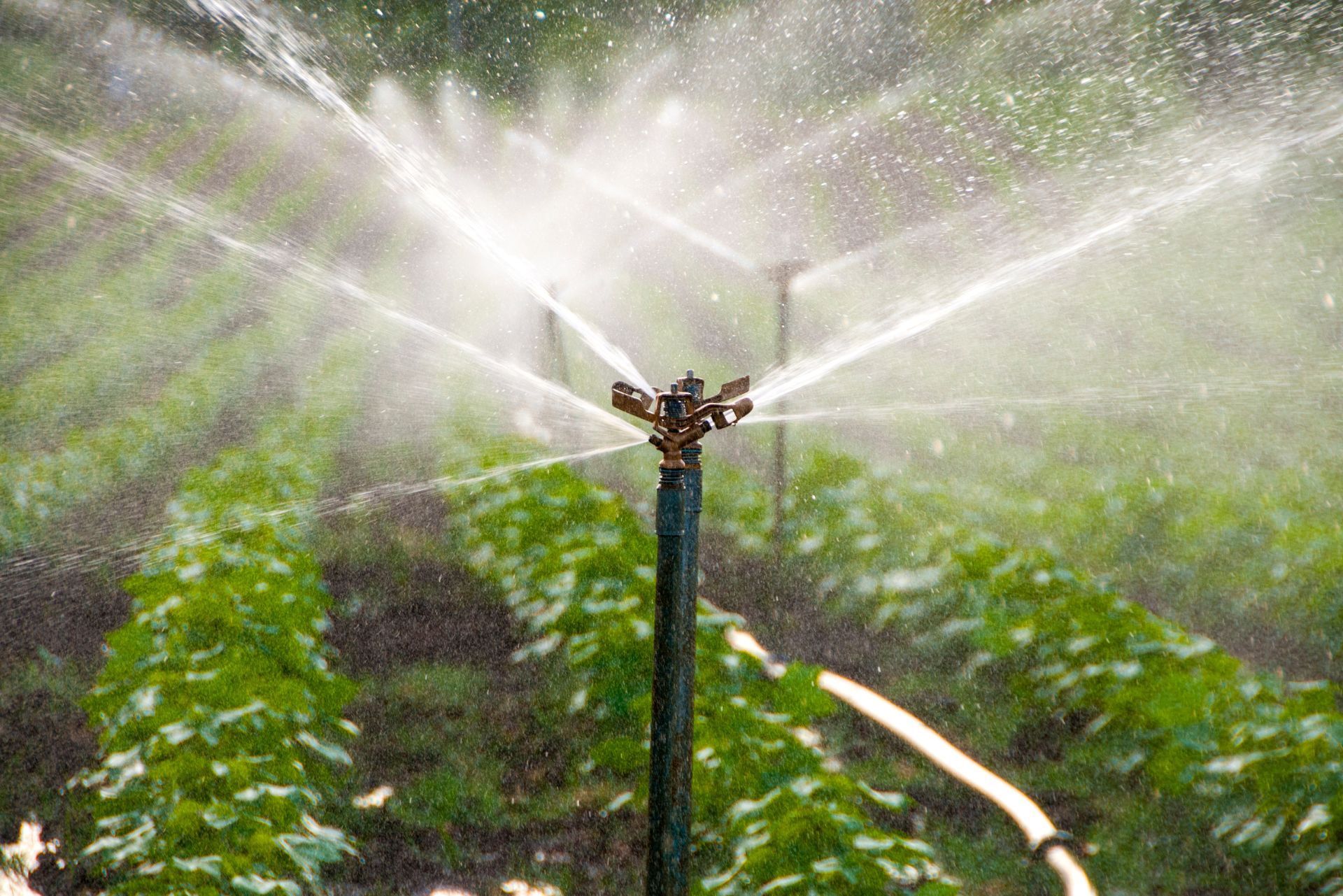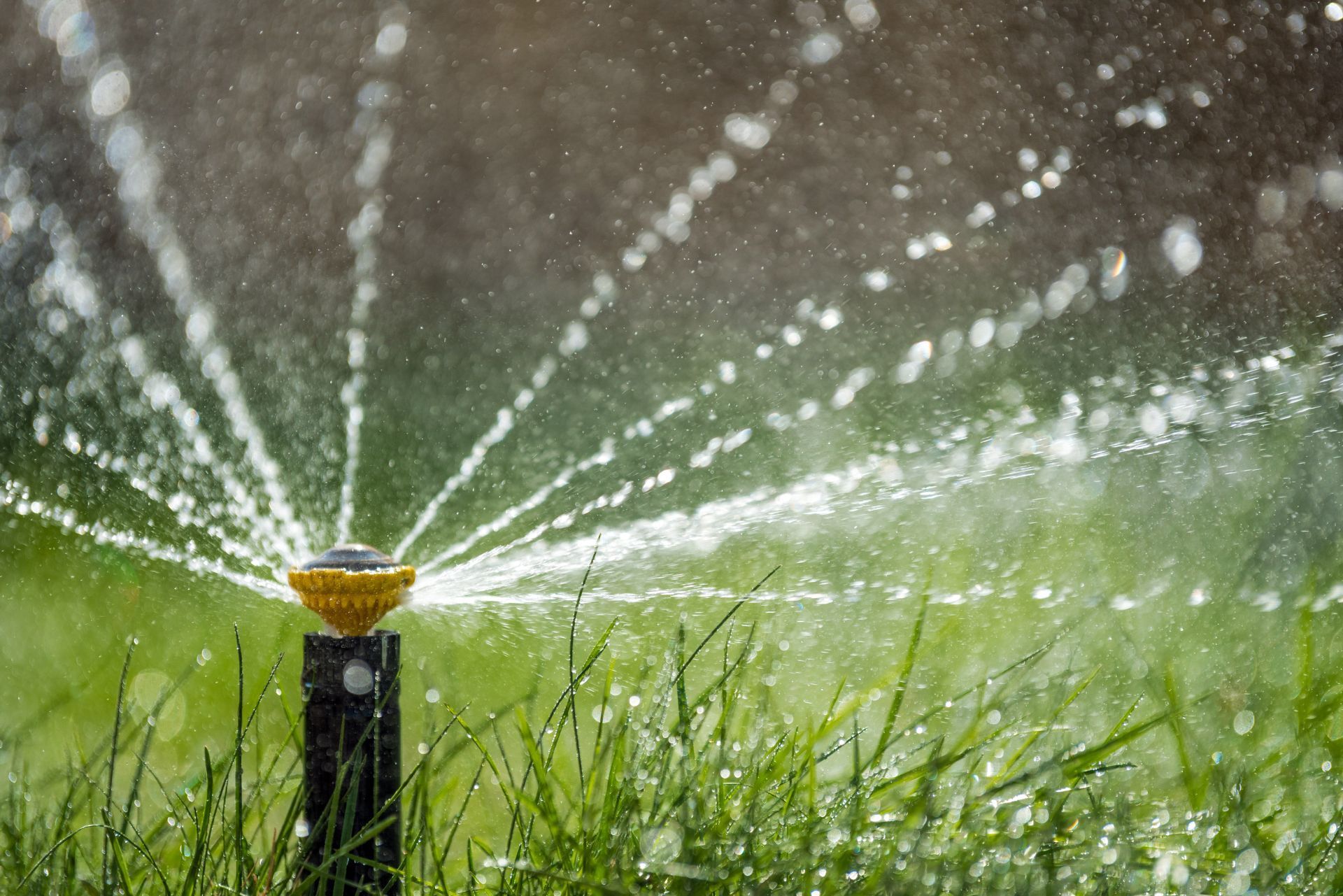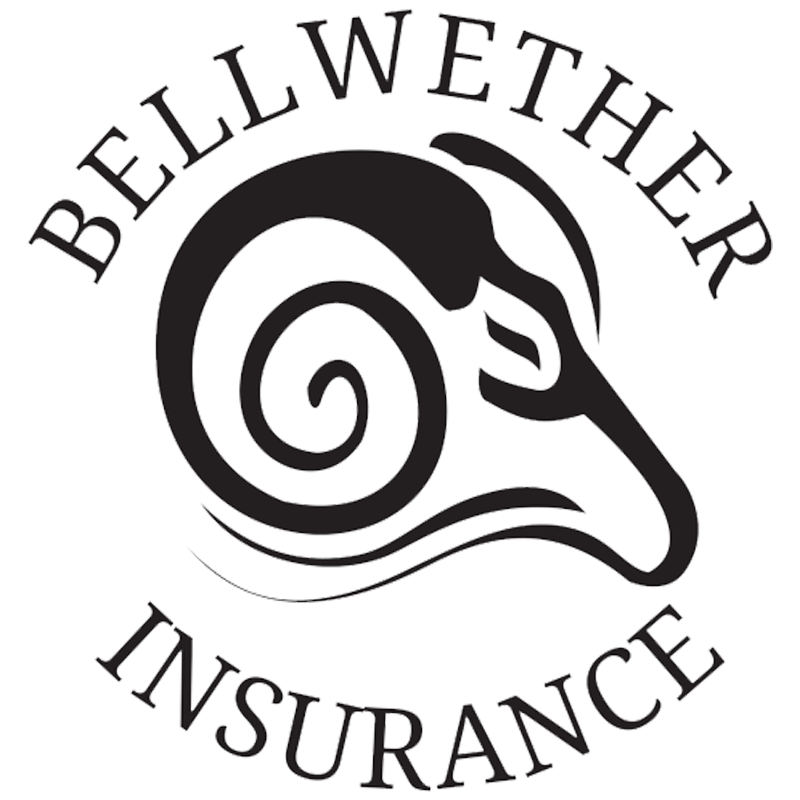Ohio Sprinkler System Plumber Insurance

Index
Understanding the Importance of Insurance for Sprinkler System Plumbers
Types of Insurance Coverage Ohio Sprinkler System Plumbers Need
Regulatory Considerations and Compliance in Ohio
Industry Trends and Employment Outlook for Ohio Plumbers
Why Proper Maintenance and Inspection Matter for Liability and Insurance
How to Choose the Right Insurance Provider in Ohio
Conclusion: Protecting Your Plumbing Business and Clients in Ohio
Contact Us
Phone
216-600-2828
Location
100 N. Center Street PO Box 627 LaGrange, OH 44050
Sprinkler systems play a critical role in fire safety, especially in residential and commercial properties throughout Ohio. For plumbers specializing in the installation, maintenance, and repair of these systems, having the right insurance coverage is not just a smart choice—it’s essential. This comprehensive guide explores the nuances of plumber insurance in Ohio, focusing on those who work with sprinkler systems, and highlights why adequate protection is vital for both business success and client safety.
With residential fires causing significant loss—over 350,000 incidents in 2021 alone, resulting in nearly 3,000 deaths and billions in property damage—sprinkler systems are a frontline defense. Ensuring these systems function properly requires expert plumbers, who must also shield themselves against risks inherent in their trade. This article will break down the insurance landscape, key risks, and regulatory considerations to help Ohio sprinkler system plumbers navigate their coverage needs confidently. For more on the effectiveness of sprinkler systems when properly maintained, see this
commercial property sprinkler systems report.
Understanding the Importance of Insurance for Sprinkler System Plumbers
Plumbers who specialize in sprinkler systems face unique risks that differ from general plumbing work. Sprinkler systems are often integrated into fire safety infrastructure, meaning any failure or malfunction can lead to severe consequences, including property damage, business interruption, or even injury and loss of life. Insurance helps mitigate these risks by providing financial protection against claims arising from accidents, errors, or unforeseen incidents.
One of the most common causes of sprinkler system failure is inadequate inspection, testing, and maintenance. In fact, over three-fourths of sprinkler system failures stem from these issues, underscoring the critical nature of professional diligence and the potential liability plumbers face if these duties are neglected or improperly performed. Insurance coverage can help protect plumbers from the financial fallout of such claims, especially when errors occur despite best efforts.
Key Risks Faced by Sprinkler System Plumbers
Sprinkler system plumbers must be mindful of several risk factors, including:
- System Failures: Failures due to freezing pipes, mechanical faults, or installation errors can result in costly damage and liability claims. For example, in January 2022, multiple pipe freeze and sprinkler system failure cases in the Midwest led to settlements totaling over $1.2 million.
- Property Damage: Accidental water damage during installation or repair work can cause significant property loss, leading to claims against the plumber.
- Injury Risks: Working with pressurized systems and at heights introduces physical hazards that can result in injuries to workers or third parties.
- Regulatory Compliance: Ohio requires annual testing of backflow prevention assemblies by qualified technicians, which adds a layer of responsibility and potential liability for plumbers.
Given these risks, having comprehensive insurance coverage tailored to the plumbing and sprinkler system industry is essential to safeguard against financial exposure. Additionally, the evolving landscape of technology in sprinkler systems, such as the integration of smart technology and IoT devices, introduces new challenges. Plumbers must stay updated on these advancements to ensure proper installation and maintenance, which can also influence liability. For instance, if a smart sprinkler system fails due to improper installation, the repercussions could extend beyond immediate property damage to include legal actions from affected parties, emphasizing the need for robust insurance coverage.
Moreover, the nature of
commercial projects often amplifies the stakes involved. Sprinkler systems in commercial buildings not only protect assets but also ensure the safety of employees and customers. A malfunction in such settings can lead to significant lawsuits and reputational damage. This highlights the importance of not only having insurance but also engaging in continuous education and training to keep abreast of best practices and regulatory changes. By investing in professional development and maintaining adequate insurance, plumbers can better navigate the complexities of their work while protecting their businesses from unforeseen liabilities.

Types of Insurance Coverage Ohio Sprinkler System Plumbers Need
Plumbers working with sprinkler systems in Ohio should consider several types of insurance policies to ensure full protection. These coverages address different aspects of the trade’s risks and operational needs.
General Liability Insurance
General liability insurance is the cornerstone of any plumber’s insurance portfolio. It covers bodily injury, property damage, and legal defense costs arising from accidents or negligence related to the plumber’s work. In Ohio, plumbers typically pay between 2.8% and 6.2% of their gross revenue for standard liability coverage with limits of $1 million per occurrence and $2 million aggregate.
This coverage is critical for sprinkler system plumbers because even a small mistake can lead to significant property damage or injury. For instance, if a sprinkler system malfunctions and causes water damage to a client’s property, general liability insurance can cover repair costs and legal fees. Moreover, having this insurance not only protects the plumber financially but also enhances their credibility with clients, as it demonstrates a commitment to professionalism and responsibility in their work.
Tools and Equipment Coverage
Sprinkler system plumbers rely heavily on specialized tools and equipment, which can be costly to replace if lost, stolen, or damaged. Ohio plumbers can obtain tools and equipment insurance with premiums ranging from $200 to $2,000 annually, depending on the value and scope of coverage. This insurance protects both owned and rented equipment, ensuring that work can continue uninterrupted after an incident. Additionally, it can cover losses incurred due to equipment breakdowns, which can be particularly disruptive in the middle of a project, leading to delays and potential financial losses.
Professional Liability Insurance
Also known as errors and omissions insurance, professional liability covers claims arising from mistakes or failures in performing professional services. Given the technical nature of sprinkler system installation and maintenance, this coverage protects plumbers against claims related to faulty workmanship, design errors, or failure to meet regulatory standards. In a field where precision is paramount, having this insurance can provide peace of mind, allowing plumbers to focus on their work without the constant worry of potential legal repercussions from dissatisfied clients.
Workers’ Compensation Insurance
For plumbers with employees, workers’ compensation insurance is mandatory in Ohio. It covers medical expenses and lost wages for workers injured on the job, which is particularly important given the physical hazards involved in sprinkler system work. The nature of plumbing, especially when dealing with heavy equipment and complex systems, presents numerous risks, from slips and falls to more serious injuries. By maintaining workers’ compensation insurance, employers not only comply with state laws but also foster a safer work environment, which can lead to increased employee morale and productivity. Furthermore, this coverage can protect the business from lawsuits related to workplace injuries, ensuring that both the employees and the business are safeguarded against unforeseen events.
Regulatory Considerations and Compliance in Ohio
Ohio has specific regulations that impact sprinkler system plumbers, particularly regarding safety and inspection requirements. One key regulation mandates that backflow prevention assemblies must be tested at least once a year by a qualified technician. This ensures that the water supply remains uncontaminated and the sprinkler system functions correctly. The importance of this regulation cannot be overstated, as it not only protects public health but also preserves the integrity of the water supply system. Regular testing helps identify potential issues before they escalate, allowing for timely repairs and maintenance.
Failure to comply with these regulations can result in fines, legal liability, and increased insurance risks. Therefore, plumbers must stay informed about state requirements and maintain meticulous records of inspections and maintenance activities to demonstrate compliance. Additionally, ongoing education and training are crucial for plumbers to keep abreast of any changes in regulations or best practices. Many industry organizations offer workshops and certification programs that can help professionals enhance their skills and knowledge, ensuring they are equipped to meet the challenges of their trade.
For detailed information on Ohio’s backflow inspection requirements, visit this
Ohio backflow inspections guide. Understanding these guidelines is essential not only for compliance but also for fostering a culture of safety and responsibility within the plumbing community. By prioritizing adherence to regulations, plumbers can contribute to the overall safety of their clients and the environment, reinforcing the critical role they play in public health and safety.
Industry Trends and Employment Outlook for Ohio Plumbers
The plumbing industry in Ohio is experiencing steady growth, with projections indicating a 2% increase in employment from 2022 to 2032. This growth translates to nearly 11,000 new jobs over the decade, reflecting ongoing demand for skilled plumbers, including those specializing in sprinkler systems. As urban areas expand and older infrastructure requires upgrades, the need for qualified professionals who can navigate both traditional plumbing and modern technologies becomes increasingly critical. The rise of green building practices and water conservation efforts is also driving demand for plumbers who are adept in installing energy-efficient systems and fixtures.
This positive outlook underscores the importance of investing in proper insurance coverage to protect businesses as they expand and take on more complex projects. A well-insured plumbing business can confidently pursue new opportunities while safeguarding against the financial risks inherent in the trade. Additionally, as the industry evolves, plumbers are encouraged to pursue ongoing education and training to stay abreast of new technologies and regulations. This not only enhances their skill set but also increases their marketability in a competitive job landscape.
Moreover, the integration of smart home technology is reshaping the plumbing sector, with more homeowners seeking automated solutions for their plumbing needs. This trend presents a unique opportunity for plumbers to diversify their services, offering installations and maintenance for smart water systems and leak detection devices. As these innovations become more commonplace, the demand for knowledgeable plumbers who can install and service these advanced systems is expected to rise significantly.
Learn more about the plumbing industry’s employment trends and outlook from this
plumbing industry employment study.

Why Proper Maintenance and Inspection Matter for Liability and Insurance
Sprinkler systems are highly effective at controlling fires when properly maintained. In fact, in 97% of fires, five or fewer operating sprinklers were sufficient to control the blaze. This statistic highlights the critical role that maintenance and inspection play in ensuring system reliability. Regular checks ensure that all components are functioning optimally, including the water supply, pipes, and sprinkler heads, which can become clogged or corroded over time. Neglecting these aspects can significantly reduce the system's effectiveness during an emergency, putting lives and property at risk.
However, many sprinkler system failures occur due to lapses in inspection, testing, and maintenance. Over 75% of failures are linked to these issues, which can lead to costly insurance claims and damage to a plumber’s reputation. Regular maintenance not only protects property and lives but also helps plumbers reduce their liability risk and insurance premiums. Furthermore, maintaining accurate records of inspections and repairs can serve as a valuable asset during insurance audits or claims, demonstrating due diligence and adherence to safety regulations.
In addition to the financial implications, the legal ramifications of inadequate maintenance can be severe. If a fire occurs and it is determined that the sprinkler system failed due to negligence, the responsible party may face lawsuits, fines, or increased insurance rates. This reality underscores the importance of establishing a routine maintenance schedule that complies with local codes and standards. Engaging certified professionals for inspections can also ensure that any potential issues are identified and addressed before they escalate into serious problems.
For a deeper dive into sprinkler system effectiveness and maintenance importance, check out this insurance resource on sprinkler system maintenance.
How to Choose the Right Insurance Provider in Ohio
Selecting the right insurance provider is a crucial step for sprinkler system plumbers. The ideal insurer should understand the specific risks associated with sprinkler system work and offer tailored coverage options. Plumbers should seek providers who offer:
- Comprehensive Coverage: Policies that cover general liability, professional liability, tools and equipment, and workers’ compensation.
- Competitive Rates: Reasonable premiums that reflect the plumber’s risk profile and business size.
- Claims Support: Efficient claims handling and strong customer service to minimize business disruption during incidents.
- Regulatory Knowledge: Familiarity with Ohio’s specific regulations and requirements related to sprinkler systems and plumbing work.
Consulting with an insurance broker who specializes in contractor or trade insurance can also help plumbers identify gaps in coverage and secure the best policies for their needs. Additionally, it’s beneficial to research and compare multiple insurance providers. This can involve reading reviews, checking ratings from organizations like the Better Business Bureau, and asking for recommendations from fellow plumbers. Each provider may have unique strengths, and understanding their reputations can lead to a more informed decision.
Furthermore, consider the insurer's financial stability and claims history. A company with a solid financial foundation is more likely to be able to pay out claims promptly and efficiently. Look for insurance providers that have been in the industry for several years and have a proven track record of supporting their clients through claims processes. Engaging with local trade associations or networking groups can also provide insights into which insurance providers are favored by other professionals in the field, helping to ensure that you choose a partner who will be reliable when it matters most.
Conclusion: Protecting Your Plumbing Business and Clients in Ohio
For plumbers working with sprinkler systems in Ohio, having the right insurance coverage is indispensable. The combination of regulatory requirements, the high stakes of fire safety, and the physical risks of plumbing work make comprehensive insurance a business imperative. From general liability to tools coverage and professional liability, each policy plays a role in protecting both the plumber and their clients.
As the plumbing industry grows and the demand for sprinkler system expertise increases, staying informed about insurance options and maintaining rigorous maintenance standards will help plumbers thrive in a competitive and risk-prone environment. By investing in proper insurance and compliance, Ohio sprinkler system plumbers can focus on delivering life-saving services with confidence and peace of mind.
For insights into recent insurance settlements related to sprinkler system failures, see this report on Midwest sprinkler system failure settlements.


